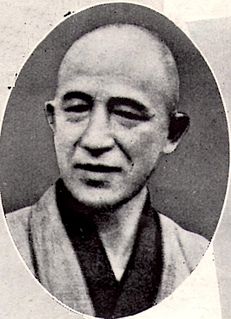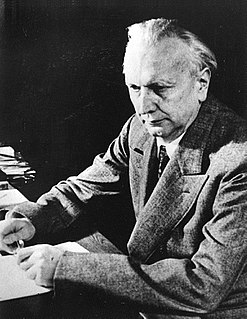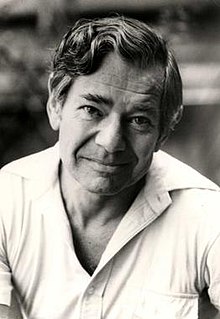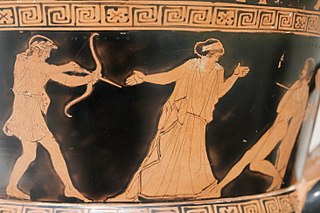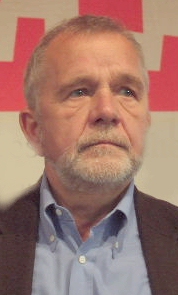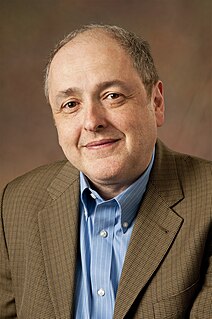Publications
- Edmund Husserl, Logical Investigations (1900)
- Nitobe Inazō, Bushido: The Soul of Japan (1900)
- George Herbert Mead, Suggestions Towards a Theory of the Philosophical Disciplines (1900)

Edmund Gustav Albrecht Husserl was a German philosopher who established the school of phenomenology. In his early work, he elaborated critiques of historicism and of psychologism in logic based on analyses of intentionality. In his mature work, he sought to develop a systematic foundational science based on the so-called phenomenological reduction. Arguing that transcendental consciousness sets the limits of all possible knowledge, Husserl redefined phenomenology as a transcendental-idealist philosophy. Husserl's thought profoundly influenced the landscape of 20th-century philosophy, and he remains a notable figure in contemporary philosophy and beyond.

Logical Investigations is a work of philosophy by Edmund Husserl, published in two volumes in 1900 and 1901, with a second edition in 1913 and 1921. In Logical Investigations, which resulted from a shift in Husserl's interests from mathematics to logic and epistemology, Husserl maintains that mathematical laws are not empirical laws that describe the workings of the mind, but ideal laws whose necessity is intuited a priori. Though Husserl abandoned psychologism, the doctrine according to which logical entities such as propositions, universals, and numbers can be reduced to mental states or activities, in Logical Investigations, some commentators have seen a revival of psychologism in its second volume. Logical Investigations helped to create phenomenology, and has been credited with making twentieth century continental philosophy possible. Martin Heidegger was among the philosophers influenced by the work. An English translation of the second edition, by the philosopher J. N. Findlay, was published in 1970.

Nitobe Inazō was a Japanese agricultural economist, author, educator, diplomat, politician, and Christian during the pre-World War II period.

